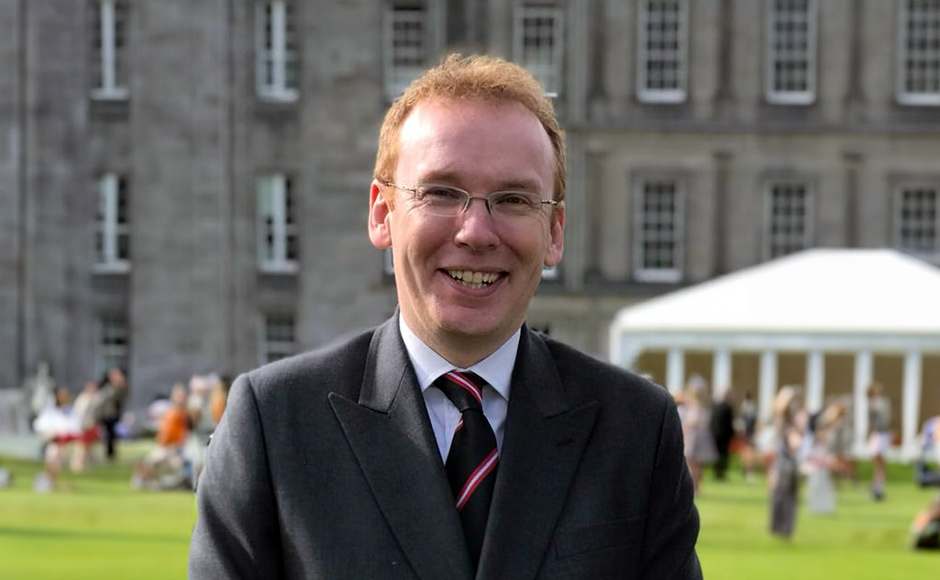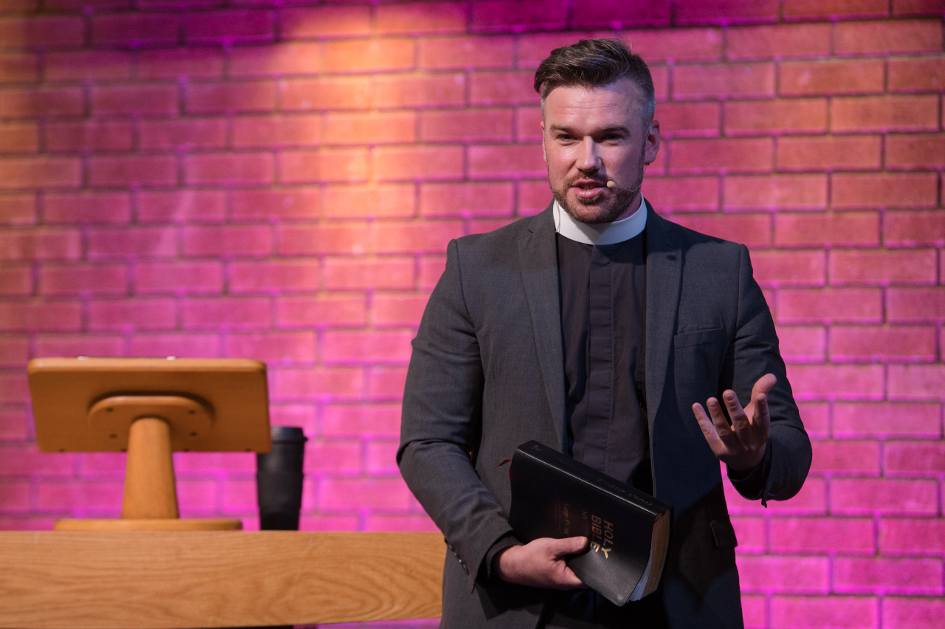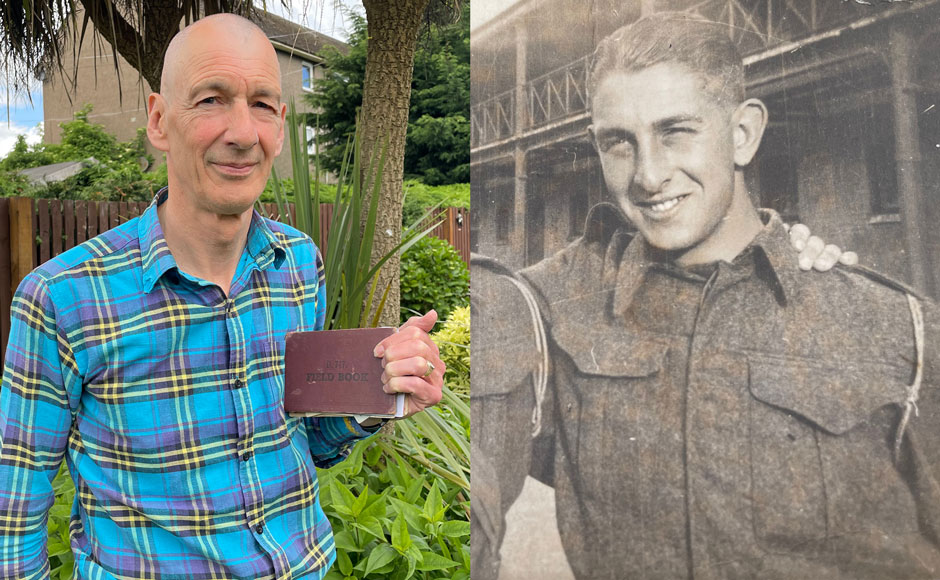From Z to A as Everisto’s Christian journey leads from Zimbabwe to Argyll
Published on 16 December 2024 5 minutes read
When it comes to being bold for your faith and embracing change, Cowal minister Rev Everisto Musedza is leading by example.
"I think my own experience has helped in the sense that I am saying the church can embrace something new in the same way that I have embraced something new in coming to a different country," he comments in this month's Talking Ministry interview on the Church of Scotland website.
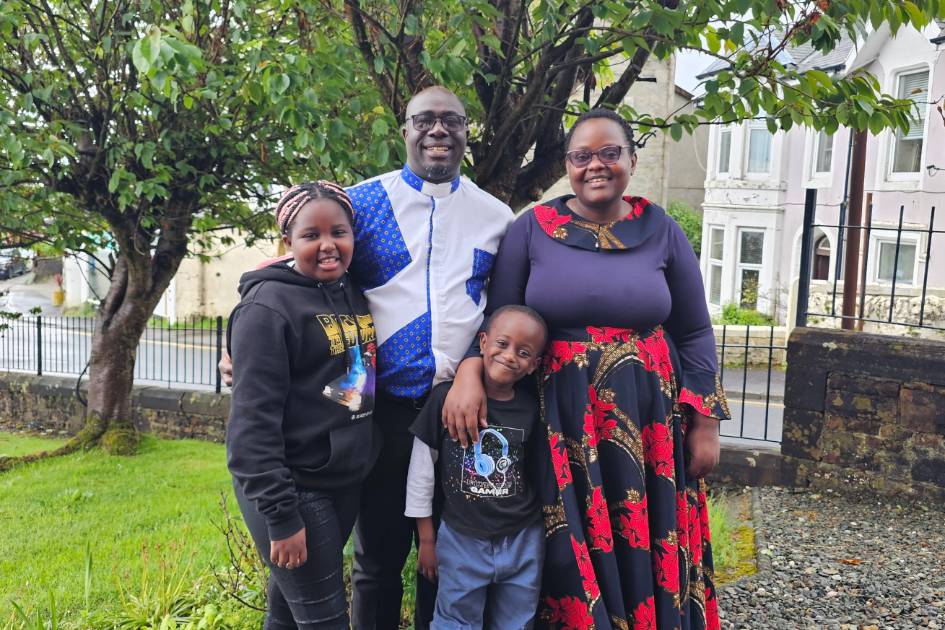
Born in Zimbabwe to a Presbyterian family, Rev Musedza has brought his own family – wife Emily and children Natalie (11) and Nathan (7) – from their landlocked African homeland to the coastal town of Dunoon in chilly Scotland, where he serves as minister of Cowal Parish Church.
"We have settled in well and the people have been lovely," he said.
"We feel at home away from home."
The start of that journey towards Scottish ministry probably began a couple of years after his baptism when he started to seriously consider what that commitment meant.
"What was intriguing for me was the thought of Christ loving me as I am and as poor as I was," he recalled.
"I felt it was very profound that Christ included me in His love and I didn't need to have anything to be saved. That's where my journey began as a profession of faith."
By the end of high school, that faith in the love of Jesus had instilled a commitment to serve God and the Church in some way.
Following his passion
Already involved in youth ministry and volunteering with Scripture Union, he studied church administration and management at college, but realising that administration was not where his passion lay, he went on to study theology with the aim of going into full-time ministry.
However, his hopes hit an early obstacle.
"My first application was rejected by the General Assembly ministry committee in 2011, who said they did not sense the call of God in me. I was gutted! It was one of the most difficult years as I reflected on the next step because I really wanted to do this," Mr Musedza said.
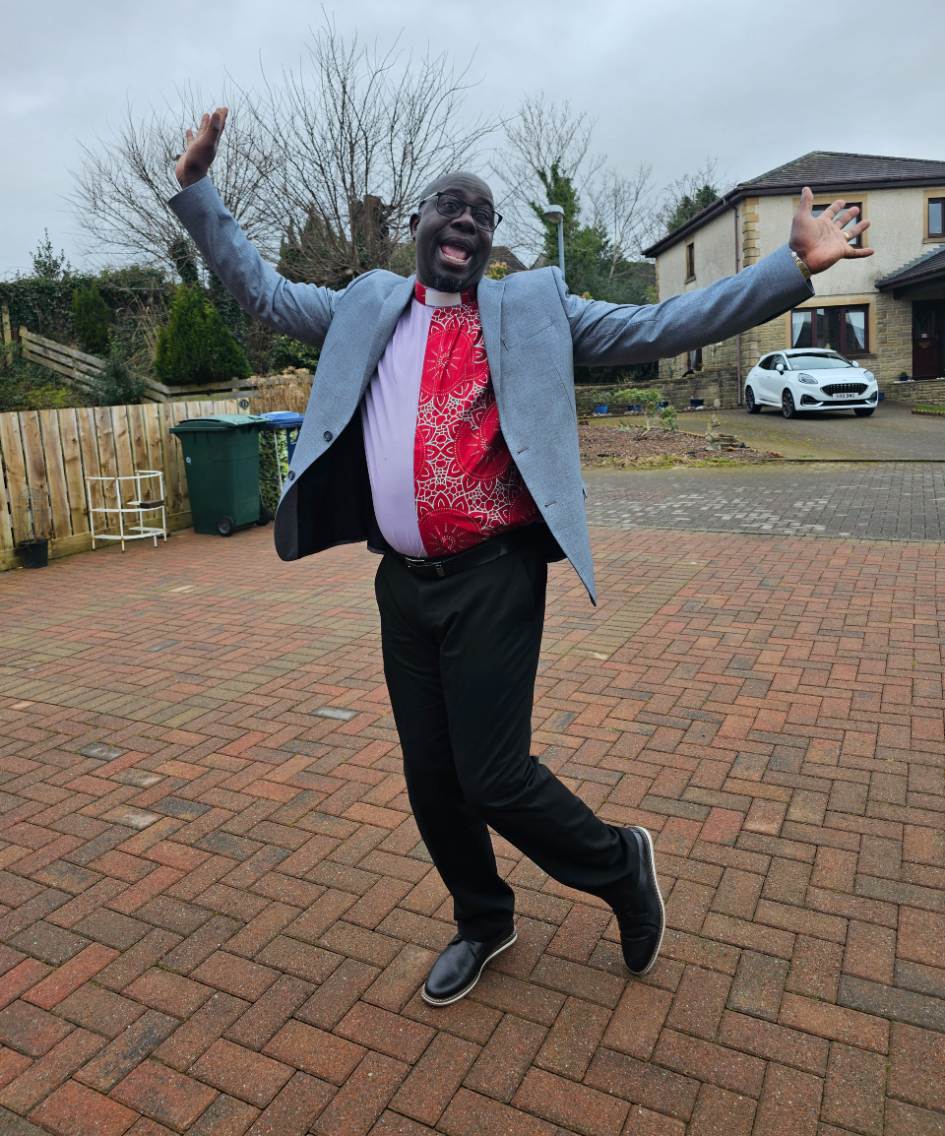
However, he did not allow the first rejection to deter him and reapplied, this time successfully, and was eventually ordained as a minister in Harare in 2015.
Perhaps a hint of his future in Scotland came three years later when he was appointed as minister of St Columba's Presbyterian Church in the east Zimbabwean city of Mutare.
However, he was initially reluctant to take up the post with the predominantly white congregation.
"During my early ministry, I was known for saying that I would never serve in a different cultural context such as a white congregation because I always felt that God has to make sense in my own culture and place," Mr Musedza said.
So, when he was initially approached about a move to St Columba's where his brother was serving as interim moderator, his first response was to immediately reject the suggestion.
But then he found himself having a conversation with God and being open to the idea, so when a friend who had been minister at one of Zimbabwe's other white-majority churches encouraged him to apply and his brother gave his blessing, he applied, leading to a five-and-a-half year posting at St Columba's. By the end of that time, he had begun looking for another challenge and considered following other colleagues to Scotland.
His application to the Kirk was positively received, but he thought that option had also been lost to him when the time came for him to fly to Scotland for his in-person interview.
"I was supposed to leave Zimbabwe on March 30, 2020, and it was that week that the whole world shut down because of Covid," he laughed.
"Miracles were about to happen"
Again, what seemed like a closed door was about to reopen when the Church of Scotland suggested an online interview, which led to his being accepted for ministry.
But there was still the question of raising the funds to enable the Musedza family to relocate to the UK.
"I would need to raise funds for flights and visas and we needed £19,000 for the four of us. But miracles were about to happen," he said.
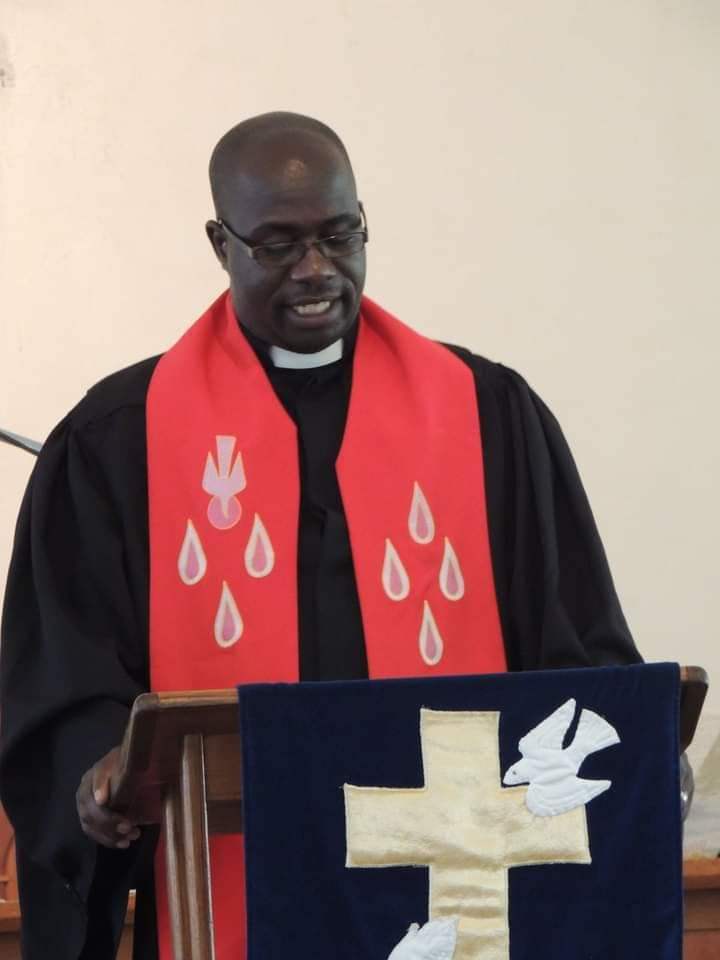
"One day I was having a conversation online with someone I had met through work for our General Assembly, and told her there was a possibility that I could move to Scotland, but it was a very expensive process. The very next line, she offered to send me 100,000 Rand (£4500).
"A few weeks later, I was in Harare speaking to my friend, Harold, who was best man at my wedding. He said: ‘I know the journey you have been on' and offered me $10,000 USD."
With the generosity of such friends and supporters, he was able to come to Scotland and take up his first post, assisting Rev David Watson at Clark Memorial Parish Church in Largs.
But his aim was to have a charge of his own and a chance meeting in a hospital car park alerted him to an imminent vacancy at Cowal Church in Argyll. He was able to take an early look at the parish before later successfully applying to become minister.
He and Emily and their two children have now settled into life in Dunoon, thanks largely to the warm welcome they have received from congregation and community.
There have been positive signs in his ministry too with Sunday services now regularly attracting over 100 worshippers and a monthly "Pizza Church" bringing in almost an equal number of young people and families.
"Because we have dared to take a different direction in reaching out to young people, we are seeing that response, which is something to celebrate," Mr Musedza said.
As someone whose ministry has straddled Europe and Africa, he believes that Christians in both continents have much to learn from each other.
"I think the greatest lesson is that in the Church in Africa, we are very expressive," he said.
"I find sometimes that the Church here seems to have been conditioned in a certain way. People will say that is just is how Scottish people are, which I don't think is quite right. Music and dance are part of the Scottish people, but when you come into a church, that's not there.
"There are also not many places here which have intergenerational worship, where back home we thrive on having the different generations worshipping together. If the young people sit with us and interact with us, I think there could be benefits for all."
Read the full interview on our Talking Ministry page.
